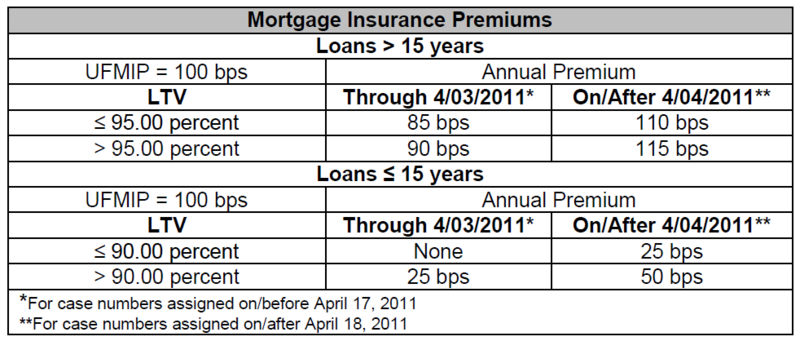We decided to spend the long Presidents Day weekend at Mt. Baker with our kids for a short family vacation. We rented a condo at Snowater, in Glacier, just minutes from snowboarding, skiing or inner-tubing in the beautiful scenary of Mt. Baker. The condo at Snowater is located just off the north fork of the Nooksack River and did not have internet access or cable tv…yep, we were unplugged for the weekend and it was wonderful! Snowater does have other ammenities (indoor pool, ping pong, etc.) which our kids really enjoyed. A majority of our time was spent on Baker. It takes about 2-3 hours to reach Mt. Baker from Seattle. Do check driving conditions (chains may be required) for Baker.
Check out the more of my photos of our Mt. Baker vacation by clicking here. By the way, I used my new Sony Bloggie (pocket camera) to capture these photos.












Recent Comments